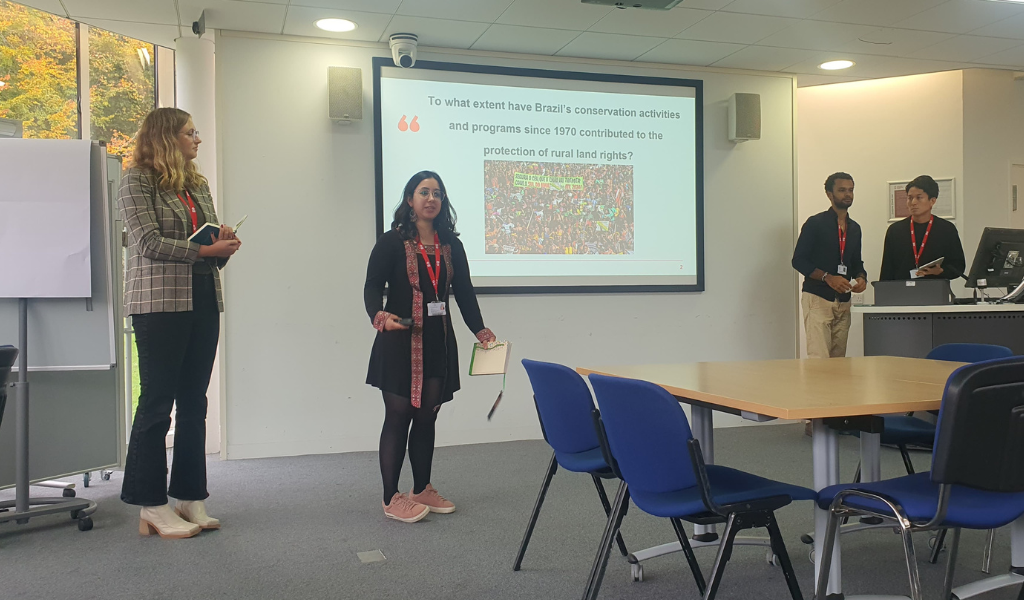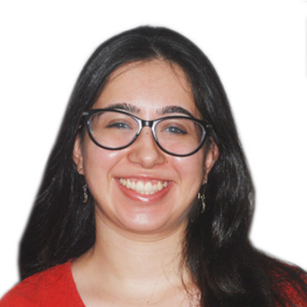We spoke to Aranya Sawhney Malik, MA Development Studies student (Class of 2025), about the importance of studying international development, why inclusive and free education is one of India’s most pressing needs, and how she’s planning to tackle it.
Interviewer: What were you doing before you came to IDS?
Aranya: I was working as a Project Manager, overseeing the Tuberculosis Control Programme at Innovators In Health, a grassroots community-centred organisation for extremely underserved communities in rural Bihar, India.
Interviewer: Why did you choose to study this degree at IDS?
Aranya: I strongly believe in IDS’ vision of working towards a more equitable and sustainable world “where people everywhere can live their lives free from poverty and injustice”. Studying at IDS has helped me unravel the historical contexts of some developmental issues, better understand present-day challenges, and has helped me begin the process of designing programmes focused on sustainable and equitable community transformation. Furthermore, I find the theoretical course structure coupled with practical nuances very imperative for a dynamic field of development and rural transformation.

Interviewer: What has been the most memorable or surprising thing about studying here?
Aranya: I was impressed by the range of activities and extra-curricular events always on at IDS – throughout the term there isn’t a single day when something interesting isn’t happening on campus! Coming from an educational background that was purely theoretical, my assumption for this one year was that I would be in lectures and working on assignments all the time. However, being a part of IDS has made me realise the importance of involving oneself in a range of activities, both related to and unrelated to development, and also that learning is a continuous process that happens in numerous different ways.
Interviewer: What module have you enjoyed most so far?
Aranya: My favourite module has been ‘Gender, Identity, Inclusion’. Understanding gender through numerous developmental issues such as care economies, migration, disability, conflict, and sexual and reproductive health and rights has provided me with varying perspectives from across the world.
Interviewer: Why do you think it is important to study international development?
Aranya: I believe that studying international development helps create learning bridges across countries and communities. It is important to be able to examine developmental challenges in other nations through first-hand accounts and to see possible solution models that can then be translated in different contexts. Development in any nation should not be siloed, and programmes should take inspiration and recognition from those implemented in different parts of the world.
Interviewer: What advice would you give to someone who is considering applying to IDS?
Aranya: You will come across numerous ideas from people across the world, often ideas that you may not agree with or relate to. Curiosity and keeping an open mind will help you understand where those ideas originate from and help you challenge and further develop your own ideas. Developing an interest in reading will not only help you with your academic work but also allow you to explore the various texts that exist for the topic of your interest.
Interviewer: What are your aspirations for the future?
Aranya: I wish to develop a school based on the theory of inclusive and free education for all – where children from all walks of life have a space to learn, play and explore. Children from privileged backgrounds, rural India, urban India, street children, children of all caste, religious, ethnic and gender groups and children of disability. I believe that such an educational institution is the need of the hour in India with increasing inequality and discrimination.

